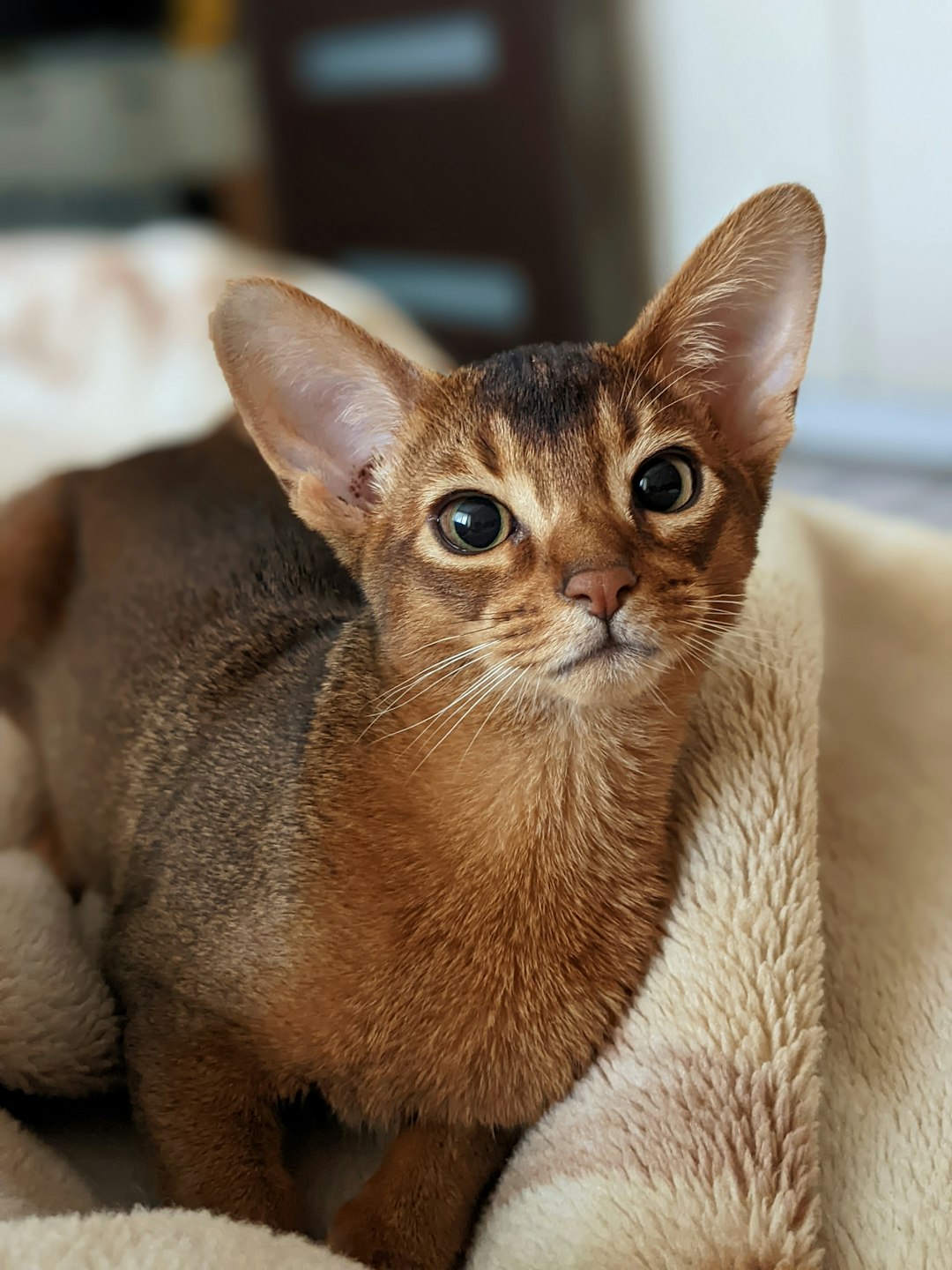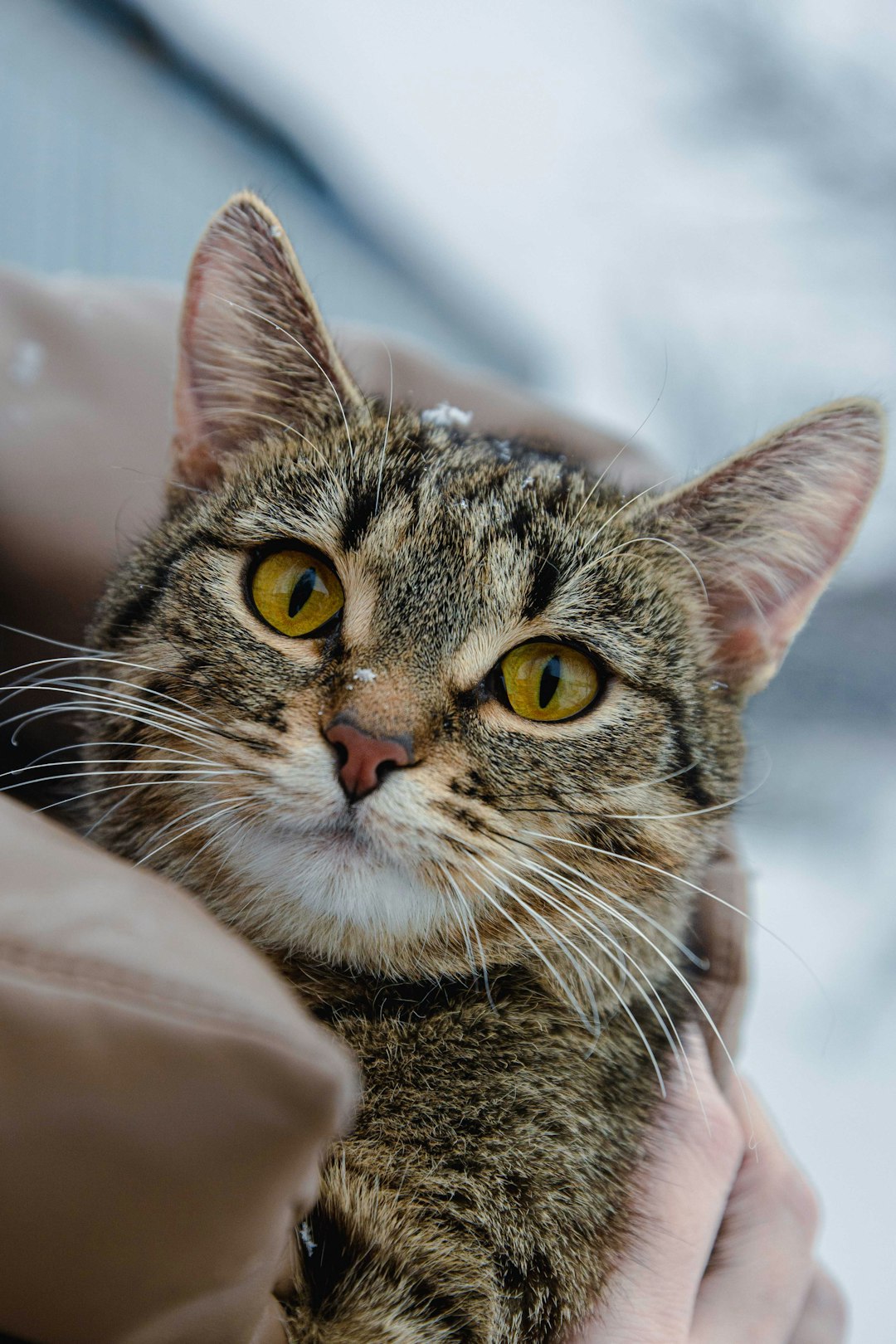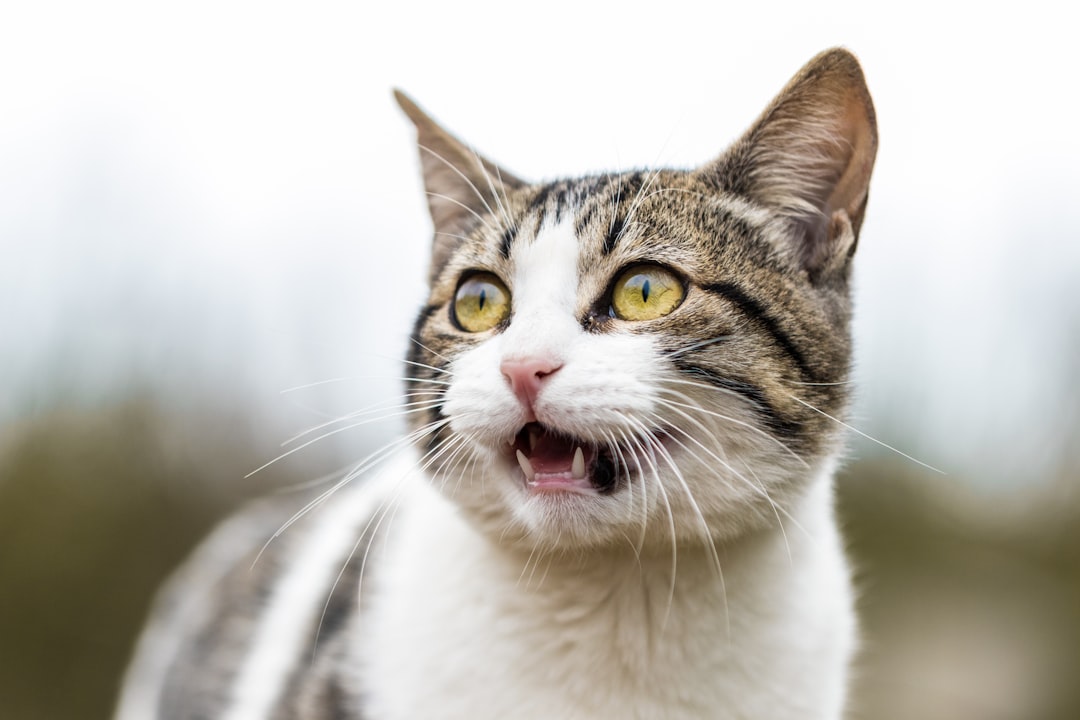Cats exhibit a range of behaviors that often leave their owners puzzled, particularly when it comes to biting. If you’ve ever found yourself wondering, "why does my cat bite me?" you’re not alone. Understanding feline behavior is crucial to addressing this issue effectively. Often, playfulness, stress, or socialization factors contribute to biting incidents. By recognizing common triggers and learning how to differentiate between playful nips and aggressive bites, you can foster a healthier relationship with your feline friend. Ultimately, understanding these behaviors can lead to a more harmonious home for both you and your cat.
Understanding Feline Behavior
Cats are fascinating creatures, and understanding their behavior is crucial for a harmonious relationship. When pondering why does my cat bite me, it’s essential to recognize that feline actions stem from instinctual behavior. Here are some key points to consider:
- Predatory Instincts: Cats are natural hunters. They often mimic hunting behavior during play, which can lead to biting.
- Communication: Cats communicate through body language. A sudden nip can indicate a desire for attention or a warning to back off.
- Playfulness vs. Aggression: Differentiating between playful biting and aggression is vital. Look for contexts: play often involves pouncing, while aggression may come with hissing or growling.
- Stress and Fear Responses: Changes in environment or routine might lead to biting as a response to stress. Recognizing signs of anxiety can help prevent unwanted behaviors.
By observing these behaviors, you can better interpret your cat’s actions and understand why does my cat bite me. This knowledge paves the way for improved interactions and a stronger bond.
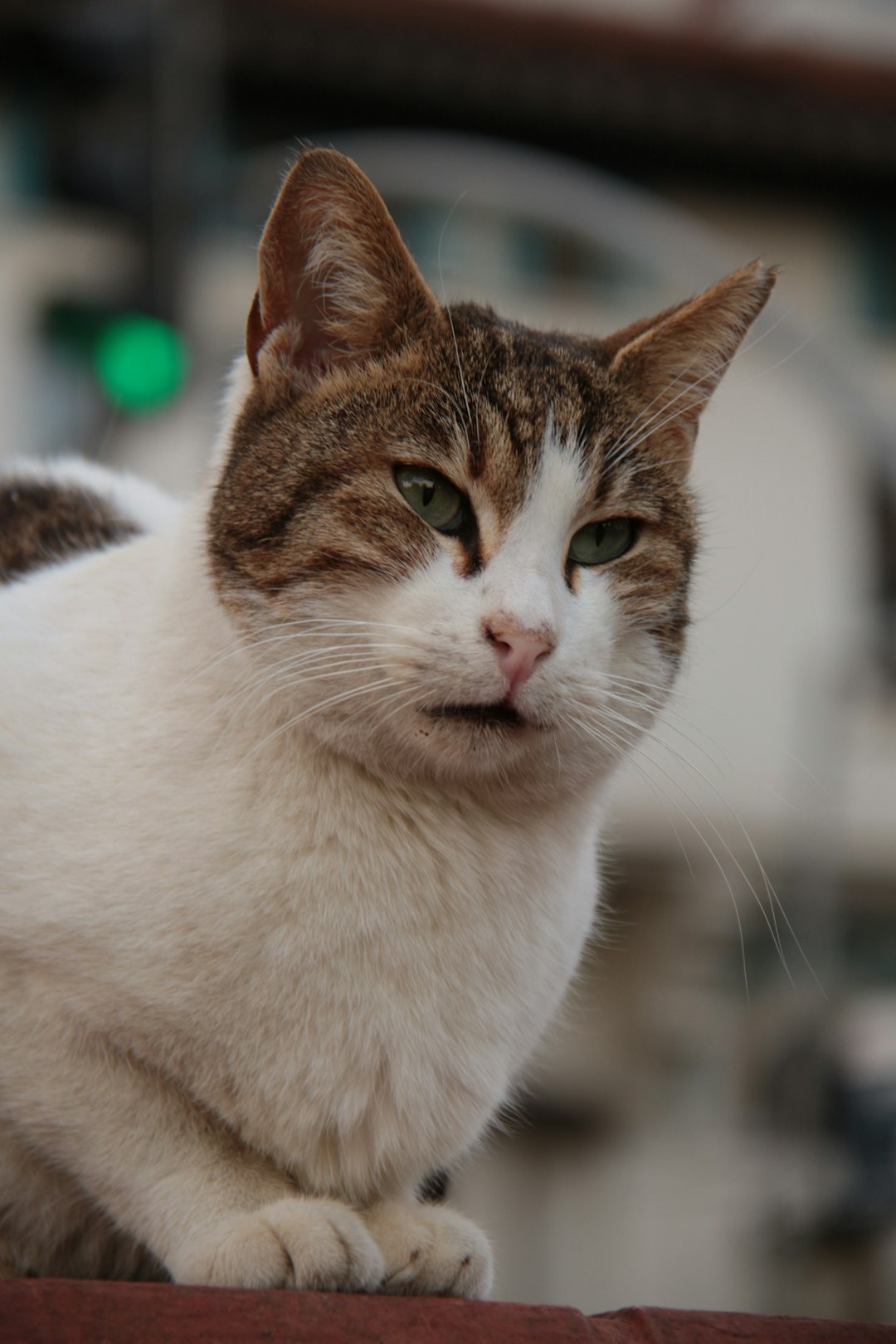
The Importance of Play for Cats
Playtime is essential for your cat’s physical and mental well-being. Engaging in play helps to satisfy their natural hunting instincts and supports healthy development. Here are key reasons why play is vital:
- Physical Exercise: Play keeps your cat active, preventing obesity and promoting overall health.
- Mental Stimulation: Interactive play aids in developing problem-solving skills and prevents boredom, which often leads to unwanted behaviors, like biting.
- Social Interaction: Play fosters bonding between you and your cat, understanding their body language can help answer the question, "why does my cat bite me."
Types of Play
| Type | Benefits |
|---|---|
| Solo Play | Encourages independence and exploration |
| Interactive Play | Enhances the bond between cat and owner |
| Structured Play | Teaches boundaries and reduces biting |
Incorporating different types of play can keep your cat engaged and satisfied. Remember, a well-played cat is less likely to bite out of frustration. If your feline exhibits biting behavior, consider if they are receiving enough playtime, which could likely answer, "why does my cat bite me?"
Common Triggers for Cat Biting
Understanding why does my cat bite me involves identifying the common triggers that lead to this behavior. Cats may bite for various reasons, and recognizing these triggers is essential for effective management. Here are some key factors:
Playfulness: Cats often bite during play, especially if they are overstimulated. Quick movements can excite their hunting instincts.
Fear/Pain: If a cat feels threatened or is in pain, it may bite to defend itself. Always observe their body language for signs of distress.
Overhandling: Cats might bite when they are handled too much or in a way they dislike. Respect their personal space.
Territorial Behavior: If a cat perceives a threat to their territory, they may resort to biting as a warning sign.
To differentiate between these triggers, consider the following:
| Trigger Type | Behavior Characteristic | Response |
|---|---|---|
| Playfulness | Pouncing, soft bites | Engage with toys |
| Fear/Pain | Hissing, stiff posture | Give space, assess for injury |
| Overhandling | Sudden, sharp bites | Limit handling time |
| Territorial Behavior | Growls, swatting | Identify boundaries |
By understanding these common triggers, you can better address why does my cat bite me and adjust your interactions accordingly.
How to Differentiate Between Play and Aggression
Understanding why does my cat bite me often hinges on distinguishing between playful antics and aggressive behavior. This differentiation is crucial for fostering a harmonious relationship with your feline friend. Here are key indicators to consider:
Playful Behavior
- Pouncing and Chasing: Cats often exhibit quick, short bursts of energy, especially when engaged in games.
- Biting with a Gentle Pressure: During play, bites may feel like soft nibbles rather than hard pinches.
- Purring and Kneading: Relaxed vocalizations and body language accompany playful interactions.
Aggressive Behavior
- Intense Glaring or Ears Back: A focused stare coupled with flattened ears signifies discomfort or threat.
- Hard Biting and Scratching: Aggression often manifests as sharp bites and deeper scratches, leaving marks.
- Hissing or Growling: Warning sounds indicate your cat feels cornered or threatened.
By observing these behaviors, you can better understand why does my cat bite me. Always prioritize safety; if the behavior escalates, it may be time to intervene with positive reinforcement or training techniques to guide their actions.
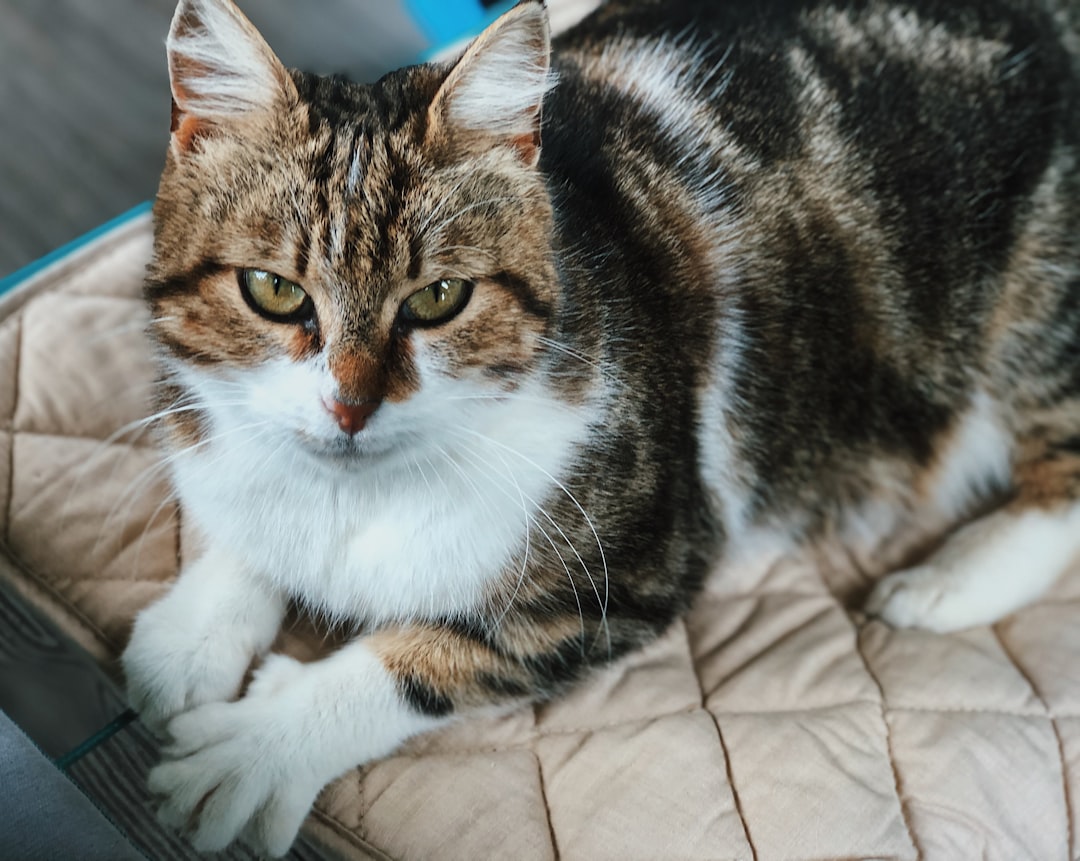
Recognizing Signs of Stress in Your Cat
Understanding why does my cat bite me often involves recognizing signs of stress. Cats are sensitive creatures, and stress can lead to unwanted behaviors, including biting. Here are key indicators to watch for:
- Changes in Appetite: A sudden increase or decrease in eating habits may signal stress.
- Isolation: If your cat hides more than usual, it could be seeking a safe space.
- Vocalization: Increased meowing or growling often indicates discomfort or anxiety.
- Grooming Changes: Over-grooming or an unkempt appearance can signify an emotional imbalance.
- Aggressive Body Language: Look for stiff tails, flattened ears, or dilated pupils as signs of distress.
| Behavior | Stress Indicator |
|---|---|
| Sudden aggression | Possible fear or discomfort |
| Excessive grooming | Stress-related coping mechanism |
| Withdrawal | Seeking to escape threatening stimuli |
By observing these behaviors, you can better understand why does my cat bite me and take steps to alleviate their stress. Early recognition is crucial to prevent escalation and foster a healthier bond with your feline friend.
The Role of Socialization in Cat Behavior
Socialization plays a crucial role in shaping your cat’s behavior and overall temperament. Understanding how socialization impacts your feline friend can help answer the question, why does my cat bite me. Here are some key points to consider:
Early Exposure: Kittens benefit greatly from early interactions with humans and other animals. This exposure helps them learn appropriate behaviors.
Positive Experiences: Creating positive experiences during socialization can reduce fear-based reactions. For instance, gentle petting and interaction encourage trust, decreasing the likelihood of biting.
Gradual Introduction: Introducing your cat to new environments, people, and pets slowly helps minimize stress. Avoid overwhelming them, as this can lead to fears that result in biting.
Signs of Overstimulation: Watch for signs that your cat is becoming overstimulated, such as twitching tails or flattened ears. Recognizing these signs helps prevent biting incidents.
In summary, good socialization lays the foundation for your cat’s behavior. Understanding why does my cat bite me often ties back to their social experiences and comfort level with their surroundings. By fostering a well-adjusted social environment, you can help your cat express affection rather than aggression.
Tips for Managing Biting Behavior
If you find yourself wondering why does my cat bite me, it’s essential to implement effective strategies to manage this behavior. Here are some practical tips to minimize biting incidents:
Provide Plenty of Toys: Engage your cat with various toys to redirect their energy. Choose options that mimic prey, such as feather wands or laser pointers.
Establish Play Patterns: Schedule regular play sessions, ideally at the same time each day. This routine can help your cat expend energy effectively.
Avoid Using Hands as Toys: This can encourage biting. Instead, use toys for interaction and play.
Recognize Boundaries: Pay attention to your cat’s body language. If they seem agitated or overstimulated, stop the play session to prevent biting.
Utilize Positive Reinforcement: Reward good behavior with treats or affection. This approach fosters a bond and helps your cat understand desired behaviors.
Create a Calm Environment: Stress can trigger bites. Ensure your home is a safe, serene space for your cat.
By following these tips, you can better understand why does my cat bite me and help reduce instances of biting in the future.
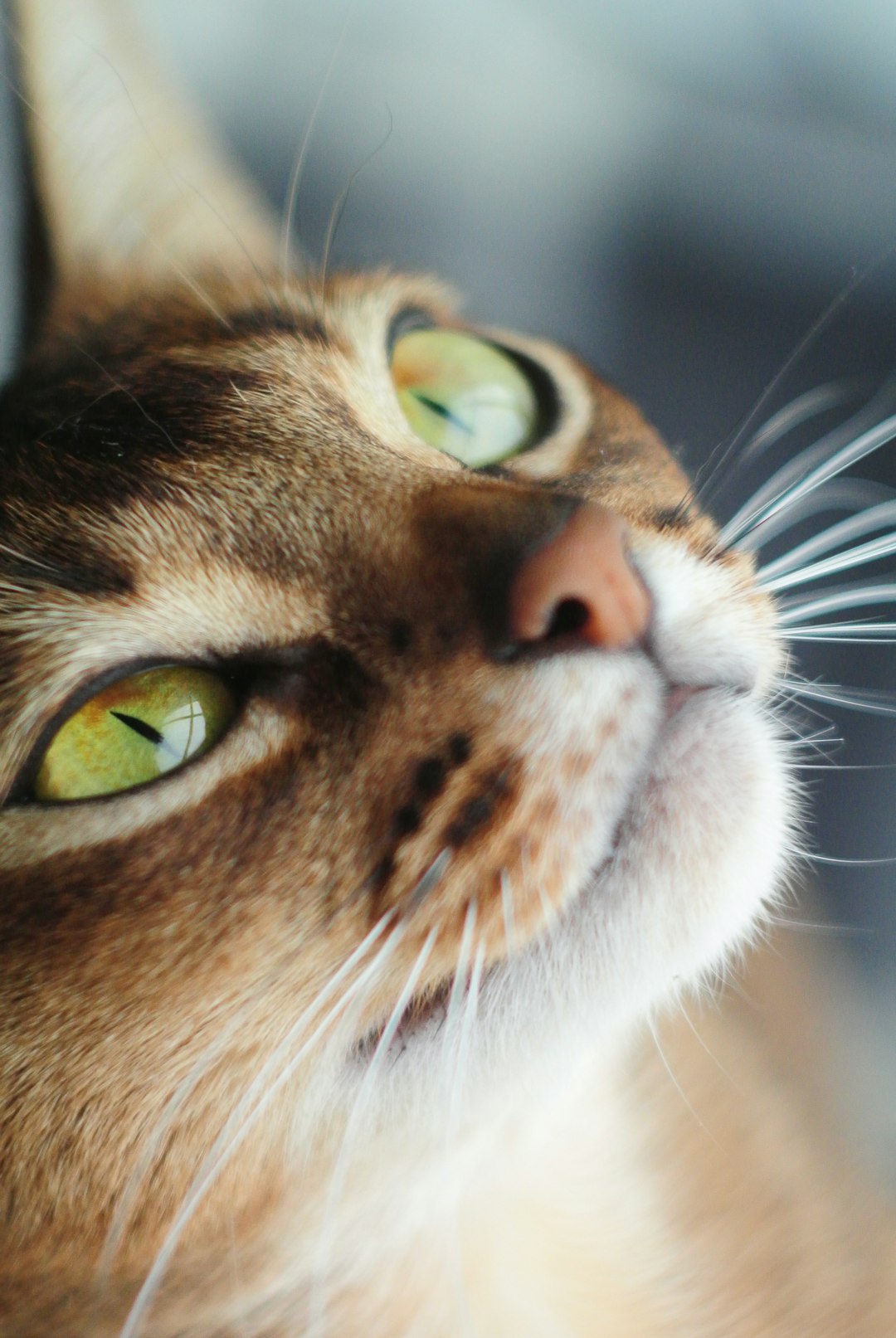
When to Seek Professional Help for Your Cat’s Biting
Understanding why does my cat bite me can be crucial for your cat’s well-being and your safety. While some biting is normal feline behavior, there are situations where it’s essential to seek professional help. Here are key indicators to watch for:
Frequent Biting: If your cat bites regularly, without clear provocation, this may signal a deeper issue.
Aggressive Behavior: Sudden changes in your cat’s temperament, such as aggressive responses to petting or interactions, require professional evaluation.
Signs of Fear or Anxiety: If your cat appears distressed or agitated before biting, it’s important to address their emotional state.
Physical Symptoms: Look for signs of illness or injury. If you notice persistent biting coupled with health issues like vomiting or lethargy, consult a veterinarian.
Comparison of Situations Requiring Help
| Situation | Action Needed |
|---|---|
| Frequent, unprovoked bites | Seek a behaviorist immediately |
| Aggressive responses to touch | Consult with a vet |
| Biting out of fear or anxiety | Professional behavioral help |
| Health-related symptoms present | Visit a veterinarian |
Recognizing the signs and knowing why does my cat bite me can lead to a happier, healthier relationship with your furry friend.
Frequently Asked Questions
Why does my cat bite me when I pet them?
Cats may bite during petting as a form of communication. Some cats have sensitive areas that, when touched, lead them to feel overstimulated or uncomfortable. This behavior can also occur when a cat feels overwhelmed or wants to end the interaction. To avoid such bites, observe your cat’s body language during petting and give them a break if they seem tense or restless.
Is it normal for cats to playfully bite their owners?
Yes, playful biting is a common behavior in cats, especially when they are young. Kittens often engage in play fighting, which can sometimes include biting. This behavior mimics their natural hunting instincts. However, it’s important to redirect this playfulness to proper toys to avoid developing aggressive biting habits. Engaging your cat with interactive toys can fulfill their need to ‘hunt’ and reduce biting towards humans.
What does it mean when my cat bites me suddenly for no reason?
A sudden bite from your cat, seemingly without cause, can be surprising and might indicate a variety of issues. It could be a response to pain if they are injured or unwell. Alternatively, it may reflect their stress or anxiety levels. Cats are sensitive animals, and sudden changes in their environment can provoke a reaction. If such biting becomes frequent, it might be wise to consult a veterinarian to rule out health concerns.
How can I prevent my cat from biting me?
Preventing biting involves recognizing and understanding your cat’s behavior. First, avoid using your hands as toys, as this can encourage biting. Instead, use designated toys for play. Additionally, ensure your cat has enough stimulation through play sessions, offering various toys to keep them engaged. Gradually build trust and affection by observing their boundaries and reducing interactions that may lead to discomfort, allowing for positive experiences that reinforce gentle behavior.

